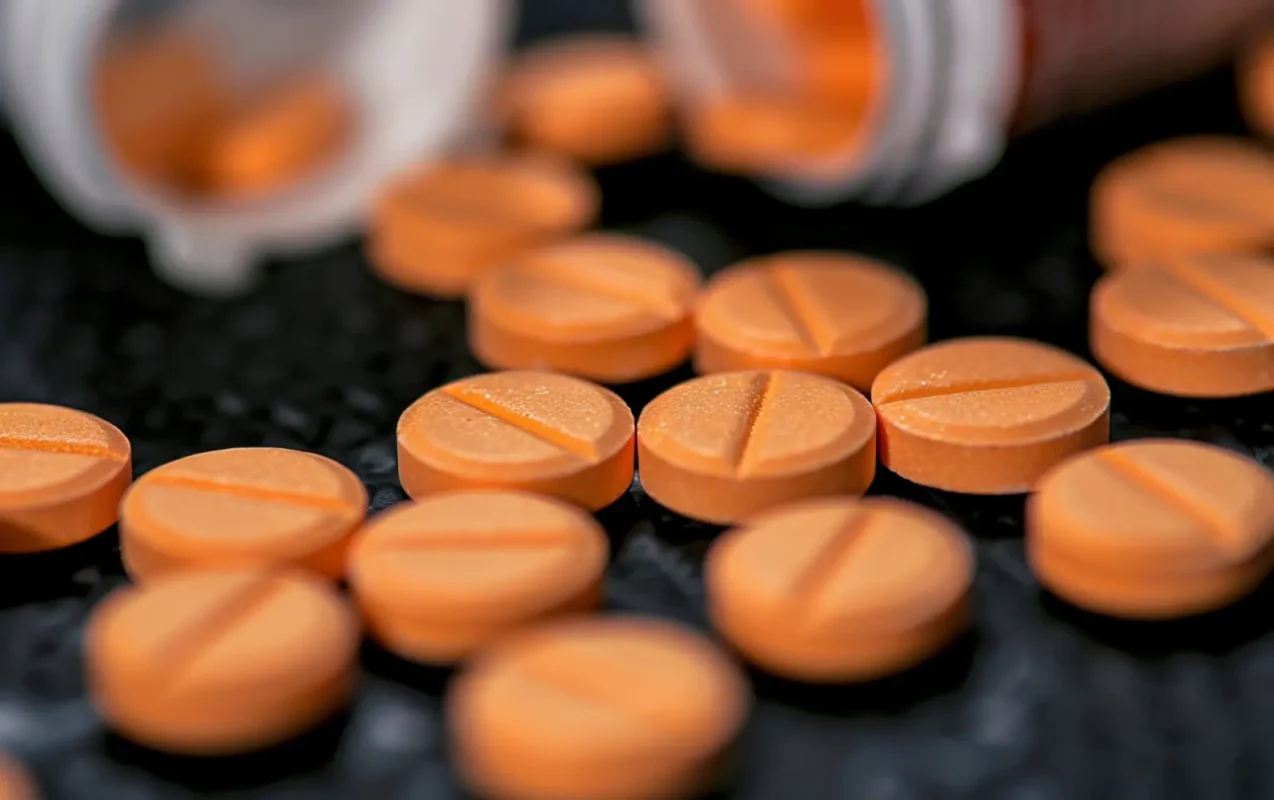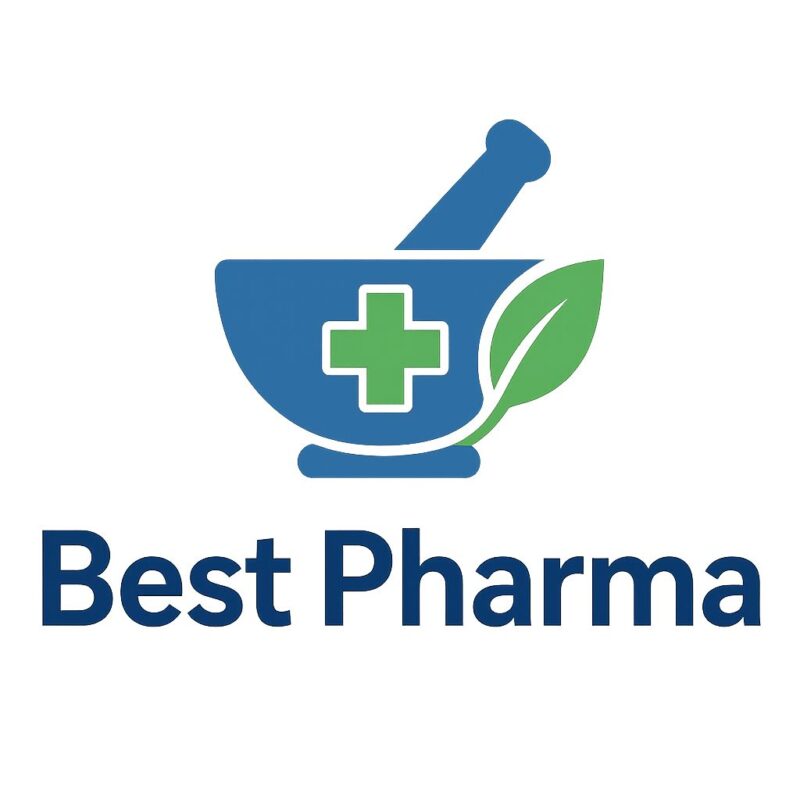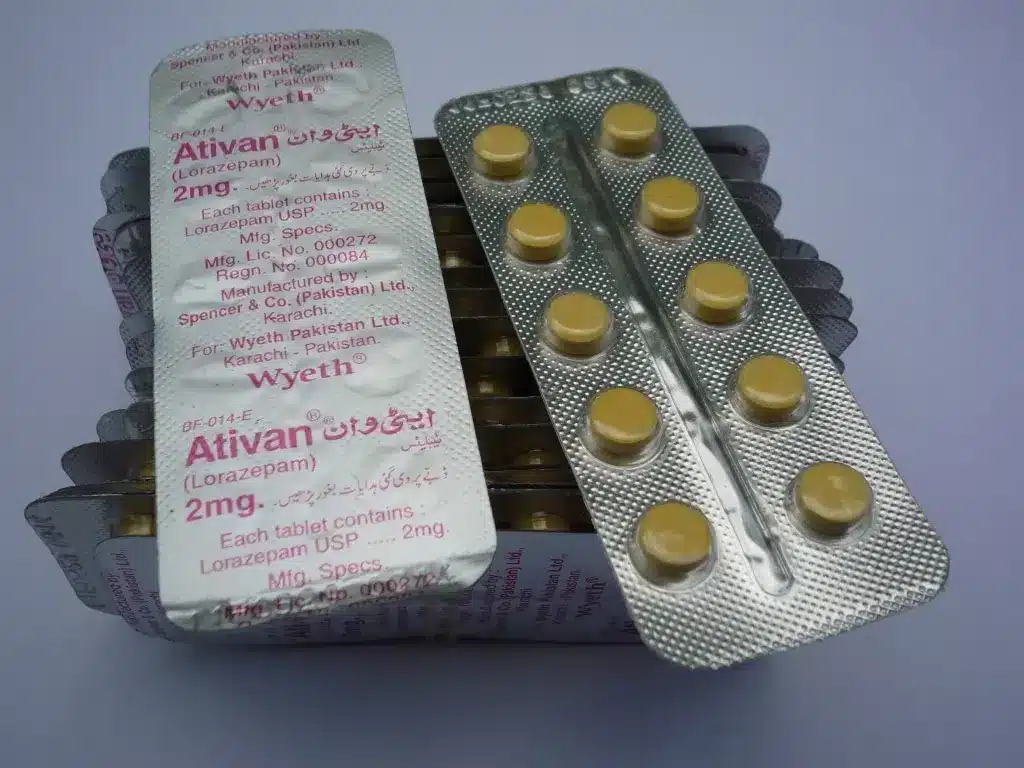Uncategorized
ADHD Medication for Adults
ADHD (Attention-Deficit/Hyperactivity Disorder) medications are typically divided into two main categories: stimulants and non-stimulants. These medications help improve attention, focus, and impulse control for people with ADHD. Here’s an overview of each:
1. Stimulants
Stimulants are the most commonly prescribed medications for ADHD and are generally considered the most effective. They work by increasing the levels of certain neurotransmitters (dopamine and norepinephrine) in the brain, which play a key role in attention and focus.
Methylphenidate-based medications:
Common brands: Ritalin, Concerta, Metadate, Daytrana, Focalin
How they work: These medications increase dopamine and norepinephrine in the brain, improving focus and attention.
Amphetamine-based medications:
Common brands: Adderall, Vyvanse, Dexedrine, Evekeo
How they work: Similar to methylphenidate, they also increase the levels of dopamine and norepinephrine, but they act in a slightly different manner.
Side Effects of Stimulants:
Loss of appetite
Difficulty sleeping
Increased heart rate or blood pressure
Irritability or mood swings
Nervousness or jitteriness
2. Non-Stimulants
Non-stimulant medications may be prescribed if stimulants are not effective or cause too many side effects. They generally have a slower onset of action compared to stimulants.
Atomoxetine (Strattera):
A norepinephrine reuptake inhibitor that increases norepinephrine in the brain to improve attention and impulse control.
It may take several weeks for the full effects to be felt.
Guanfacine (Intuniv) and Clonidine (Kapvay):
Originally used to treat high blood pressure, but also help with ADHD symptoms by affecting certain receptors in the brain that regulate impulse control and attention.
Side Effects of Non-Stimulants:
Drowsiness or fatigue
Low blood pressure
Nausea or upset stomach
Mood swings or irritability
Other Considerations
Finding the right dose: ADHD medication dosing is highly individualized. It often requires careful adjustment based on the patient’s response and any side effects.
Combination therapy: Sometimes doctors prescribe a combination of stimulant and non-stimulant medications to manage symptoms more effectively.
Behavioral therapy: Medications are most effective when used alongside behavioral therapies or lifestyle interventions.

How Medication Can Help Adults With ADHD
There are a number of ways that medication can help adults with ADHD:1
Medication can improve focus and concentration, which can help individuals to be more productive at work or school.
Medication can help to reduce impulsivity and hyperactivity, which can improve an individual’s ability to interact with others.
Medication can help to improve sleep and appetite.
ADHD medications can be one tool that helps improve quality of life. However, they should be used as part of a comprehensive treatment plan that includes other interventions. The goal of medication intervention for ADHD is to help the individual be the best version of themselves, not to change who they are or “fix” them.
Different Types of ADHD Medication Available
There are a number of different options available when it comes to ADHD medication for adults. The type of medication that is best for you will depend on your specific symptoms and biological factors such as genetics.
All medications come with risks for side effects, and if you experience a side effect that is intolerable, ask your prescriber about changing your medication to something that works better for you.
Some common medications used to treat ADHD in adults include:
Stimulants
Stimulants are the most commonly prescribed type of medication for ADHD. They work by increasing the levels of dopamine and norepinephrine in the brain, which can help to improve focus and concentration.2
Common stimulants include the following:
Ritalin (methylphenidate)
Adderall (dextroamphetamine)
Vyvanse (lidexamfetamine)
Stimulant medication can be short-acting or long-acting. Short-acting medications enter your system quickly after they are taken, and long-acting (or extended-release) medications take longer to process. Some people are prescribed doses of both short and long-acting stimulants to address symptoms quickly while ensuring that the medication is effective for as long as they need.
While everyone’s response to medication is slightly different, common side effects for stimulant medication include decreased appetite, irritability, sleep disturbance, and headaches, though research shows that these side effects are usually mild.
Tips for Living Well With ADHD
There are a number of things you can do to help manage your ADHD and live well:
Seek community support. Connecting with other people who share your diagnosis can help you feel less alone. In addition, people can share different tips and tricks that helped them, which can help you discover what works best for you. CHADD is one organization for people with ADHD and their families that provides this community.
Find what works for you. There is no one-size-fits-all approach, and accommodations or tips that work for one person might cause problems for someone else. Notice what schedule, environment, or accommodations help you feel your best.
Move when you need to move. Many people with ADHD struggle with sitting or being still for long periods of time. You can use fidget toys or make a point of getting up and moving around frequently during the day to help with focus.
Try body doubling for productivity. Body doubling refers to having another person present while trying to complete a task. They do not have to help with the task, but their presence can help cue you to finish what you started.
Habit stack to get into routines. ADHD can make it difficult to make and stick to a routine, even though routine can help with executive functioning and impulse control. Habit stacking makes it easier to make and maintain routines.
Figure out your sleep schedule. Many people with ADHD struggle with getting adequate sleep and feeling rested. Finding out what sleep schedule and routine helps you feel rested can improve your relationship with sleep.
ADHD (Attention-Deficit/Hyperactivity Disorder) medications are typically divided into two main categories: stimulants and non-stimulants. These medications help improve attention, focus, and impulse control for people with ADHD. Here’s an overview of each:


Hi, this is a comment.
To get started with moderating, editing, and deleting comments, please visit the Comments screen in the dashboard.
Commenter avatars come from Gravatar.